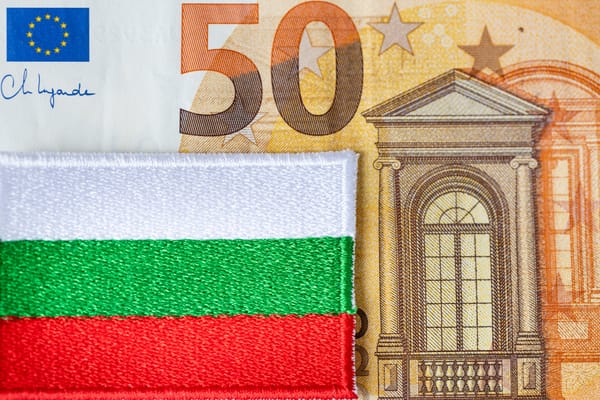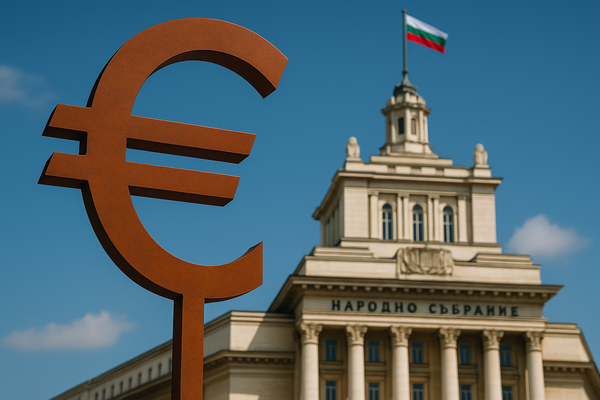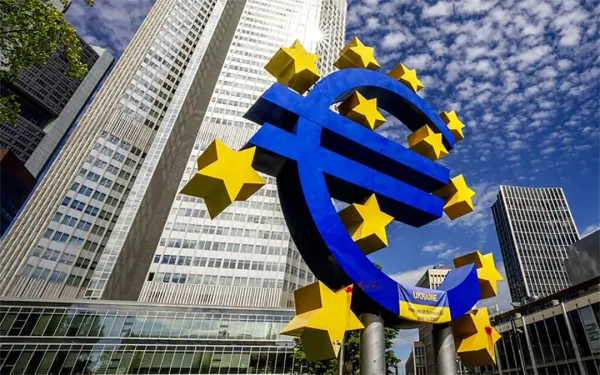
Central European euro strategies: Stability versus sovereignty?
The countries of the region follow different paths when it comes to adopting the common European currency: while some see it as a tool for convergence and integration into core Europe, others refrain from introducing it for principled reasons. We reviewed the regional situation of the euro on the occasion of Bulgaria’s upcoming accession to the eurozone.
Bulgaria to adopt the euro, population remains divided
From 1 January 2026, Bulgaria will adopt the euro, yet the population remains strongly divided on the issue. People mainly fear price increases during the conversion period (specifically that retailers will round prices upward during the recalculation, as happened in other member states), although they view the longer-term outlook more positively.
Slovak identity compatible with Euro commitment
Among the V4 countries, Slovakia has been a member of the eurozone since 2009. The question of whether it is more worthwhile to keep a national currency was last seriously raised during the Covid crisis. But as the inflation wave reached the region after the outbreak of the war in Ukraine, and it became clear that inflation was lower inside the eurozone, these debates quieted down. Slovak EU identity is strong, and support for common European integration goals is relatively consistent.
Hungarians show strong support for the euro
In Hungary, public support for adopting the euro is relatively high: according to an Eurobarometer survey, among the non-eurozone countries, 72% of Hungarians supported the introduction of the euro. At the same time, political discourse contains significant reservations: for example, in October 2025 Prime Minister Viktor Orbán stated that Hungary should not give up independent monetary policy, as tying itself to the euro would pose too great a risk. According to the OeNB Euro Survey (2023–2024), the phenomenon of “euroization” can also be observed in Hungary, meaning that certain savings and cash holdings are already partly kept in euros.
Czechs and Poles hesitant on the euro
In Poland—an economy that has shown stable growth for decades—support for adopting the euro is significantly lower. According to a 2021 survey, a majority expressed strong resistance: about 53% explicitly opposed switching to the euro, while only around 25% supported it. Economic concerns—such as wage and exchange rate risks—are strong, and many Poles prefer keeping the złoty, believing that accession could bring disadvantages.
In the Czech Republic, enthusiasm for the euro is also relatively low. Although V4 strategic frameworks often reflect shared integration goals, Czech identity and economic thinking still place strong value on the national currency. A V4 integration policy paper highlights that Czech society tends to be conservative on monetary matters, and significant opposing arguments appear regarding the loss of sovereignty and monetary control.
Romanian support high, convergence gaps persist
In Romania, however, support for adopting the euro is relatively strong according to public opinion: based on Eurobarometer data, about 71% are in favor of the euro. Yet, according to the 2024 convergence report, Romania does not yet meet all the required economic criteria for joining the eurozone. The OeNB survey, however, indicates that currency and deposit substitution (i.e., the “de facto use” of euros in savings) declined in Romania in 2023, suggesting that not all financial actors consistently trust the common currency. Interestingly, Romanian respondents are generally optimistic about the consequences of adopting the euro: according to the IEM-RO document, many expect positive personal and economic effects.





